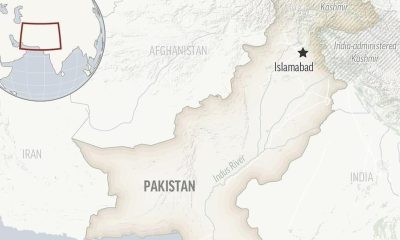PARIS (AP) — The French transport minister is expected to meet with cycling associations on Monday following the death of a cyclist in Paris after a dispute with a driver.
The 27-year-old cyclist, Paul Varry, was allegedly deliberately run over last Tuesday by an SUV driver, who now faces preliminary charges of murder. The incident has sparked protests across France, with demonstrators calling for safer roads for cyclists and an end to “motorized violence.”
Varry, a dedicated advocate for urban cycling, was known for his work improving cycling infrastructure in Saint-Ouen, a northern suburb of Paris. Hundreds gathered on Saturday to honor him, including cycling groups like Paris en Selle, which vowed to continue his fight for safer roads.
Transport Minister François Durovray, in a post on X, expressed his deep sympathy for Varry’s family and said that cyclists “have a place on the road,” vowing to address safety concerns. He called Monday’s meeting an opportunity to listen and act on behalf of France’s cycling community, which has been shaken by Varry’s death. The tragedy has reignited national debates on road safety and cyclist protection as France sees an increasing number of cyclists in its urban centers.
Alexis Fremeaux, co-president of the French Federation of Bicycle Users, said that “Paul’s death, killed by a motorist in Paris, has resonated deeply.
“It stirred such emotion because this kind of murder is exceptional. But the violence that cyclists face on the roads today — every cyclist has experienced it. Whether it’s threats, being put under pressure, being endangered, or even deliberate collisions — every cyclist has a story to tell.”
Cycling advocates hope that Varry’s death will spark action and lead to What they say are long-overdue reforms to improve road safety.
